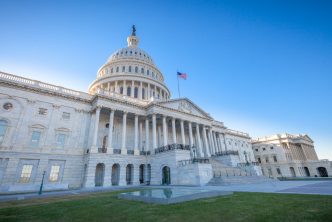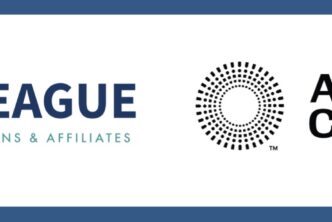The House intends to vote on the Economic Growth, Regulatory Relief and Consumer Protection Act (S. 2155) next week, as early as Tuesday, according to numerous reports.
Now is the time to contact your Representative and ask them to vote YES on S. 2155
By contacting your representative today, your action can help get this bill through the House and on the President’s desk. S. 2155 passed the Senate in March with strong, bipartisan support which we have not seen in years. The benefits of passing this bipartisan, common-sense legislation is a no-brainer for credit unions: it will protect seniors from elder financial abuse, make mortgage processing easier and quicker, increase affordable rental housing in our communities, and help credit unions provide better service to their members.
Please get staff and board members to be part of this crucial vote. It’s time for Congress to fight for the 110 million Americans who depend on credit unions.
Tell your Representative to vote YES on S. 2155.
S. 2155 would:
- Establish a safe harbor from certain requirements for a loan to be considered a Qualified Mortgage;
- Rescind the additional data points required under the Home Mortgage Disclosure Act for insured credit unions that originate fewer than 500 closed-end and/or 500 open-end lines of credit;
- Reclassify one-to-four unit, non-owner occupied residential loans as real estate loans, so the loan would not count against the member business lending cap;
- Clarify that that the same consumer protections in place with respect to mortgage lending are nonexistent for Property Assessed Clean Energy loans;
- Remove the three-day wait period required for the combined TRID mortgage disclosure if a creditor extends to a consumer a second offer of credit with a lower annual percentage rate;
- Require NCUA to make publicly available a draft of their proposed budget, hold a hearing with public notice during which this draft would be discussed and solicit and consider public comment about the draft budget;
- Provide a safe harbor for properly trained financial employees who report alleged elder financial abuse; and
- Require the U.S. Department of Treasury to conduct a study on the risks that cyber threats may pose to financial institutions.





